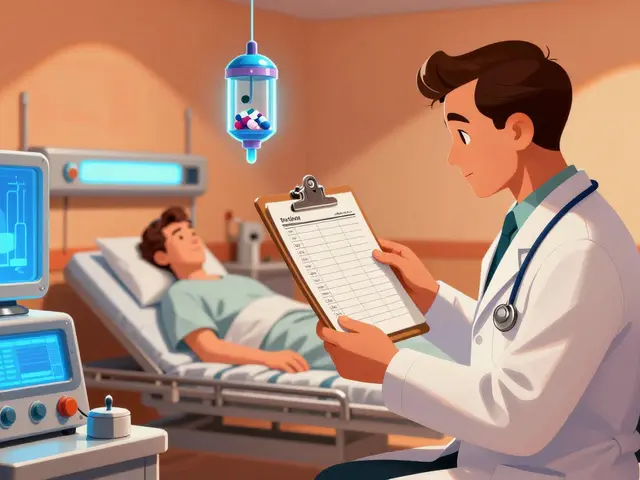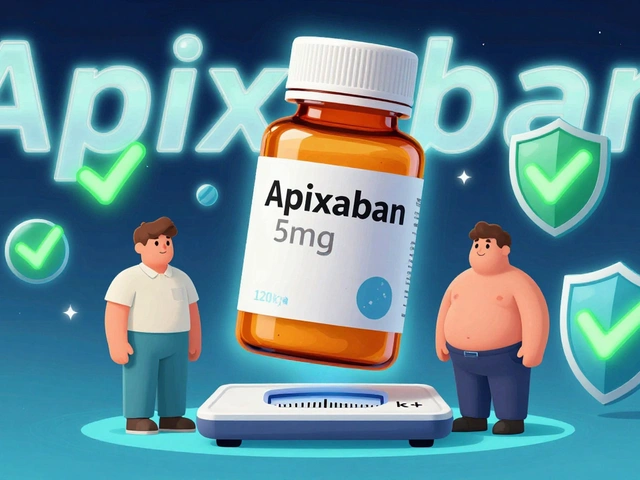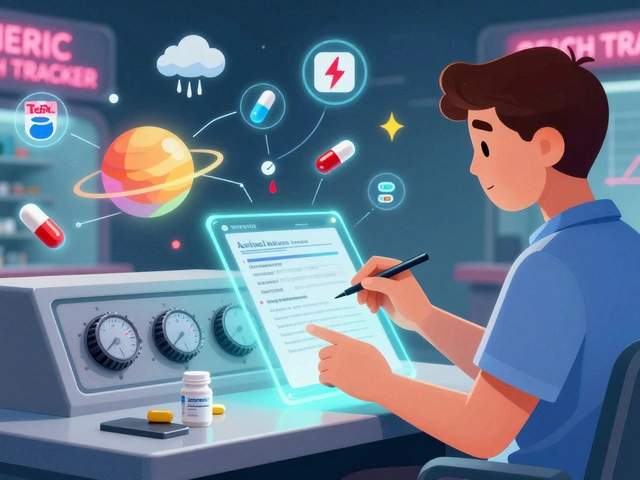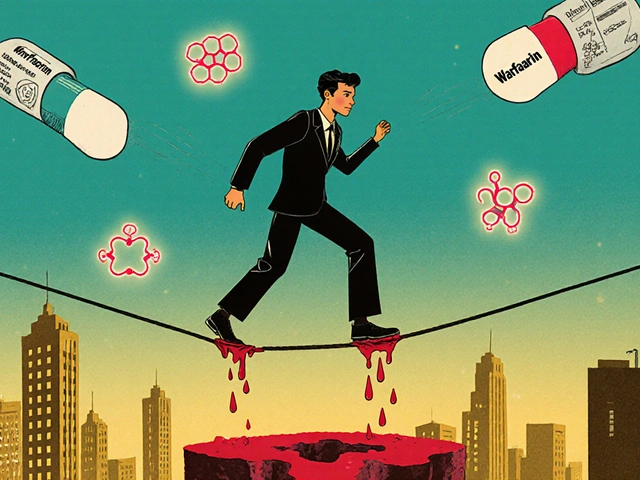Cardiac medication: clear, practical advice for everyday use
Heart medicines cover a lot of ground. Some lower blood pressure, some remove extra fluid, others prevent clots or steady the heartbeat. If you take or are about to start a cardiac drug, this page gives short, useful facts you can use right away.
How common cardiac drugs work
ACE inhibitors and ARBs — examples: lisinopril, enalapril, or Avapro (irbesartan) — relax blood vessels to lower blood pressure. Expect better blood flow and often fewer symptoms like shortness of breath. A common side effect with ACE inhibitors is a dry cough; ARBs tend to avoid that.
Beta blockers — like metoprolol or carvedilol — slow your heart and reduce workload. They help after heart attacks, for some arrhythmias, and for stable angina. Don’t stop a beta blocker suddenly; your doctor will taper the dose.
Diuretics — think Lasix (furosemide) and its alternatives — help your body remove excess fluid. Diuretics lower swelling and help with heart failure and high blood pressure. Watch potassium levels: some diuretics drop potassium, others save it.
Anticoagulants and antiplatelets — like warfarin or the newer direct drugs — reduce clot risk. These are crucial after some heart procedures or for atrial fibrillation. They increase bleeding risk, so carry medical ID and follow dosing rules closely.
Antiarrhythmics work to keep a steady rhythm. They come with specific risks and need monitoring with ECGs and blood tests.
Safety, monitoring, and practical tips
Always keep a current medication list and share it with every clinician. Cardiac drugs interact with many other medicines, supplements, and even foods. For example, grapefruit can change levels of some heart meds.
Get basic monitoring: blood pressure, heart rate, kidney function, and electrolytes (especially potassium). Your doctor will tell you how often. If you feel new dizziness, severe cough, swelling, sudden weight gain, chest pain, or odd bleeding — call your provider or emergency services.
If you buy medication online, use licensed pharmacies only. Look for pharmacy reviews, clear contact info, and a requirement for a prescription. Our site has guides (like how to buy Avapro safely and choosing reputable online pharmacies) that walk through red flags and verification steps.
Stick to the prescribed dose and schedule. Use a pill box or phone alarms to avoid missed doses. If you run into side effects, ask about dose adjustments, switching drug classes, or lab checks before stopping the medication.
Small habits help: weigh yourself weekly if you have heart failure, check blood pressure at home, and keep a simple symptom diary. That record makes follow-ups faster and smarter.
Finally, ask direct questions: Why this drug? What are the main risks? What should I watch for day-to-day? If you want, read specific articles on our site about drugs and buying safely. Knowing the basics makes treatment safer and easier to live with.
 23 April 2025
23 April 2025
Amiodarone and the Management of Post-Myocardial Infarction Arrhythmias
This article explores how amiodarone plays a role in managing dangerous heart rhythms after a heart attack. It covers how the drug works, when it’s used, and real challenges people face while taking it. You’ll find practical tips for living with arrhythmia and why timing matters so much with treatment. The goal is to give understandable and direct information for anyone facing post-heart attack rhythm problems.
Latest Posts
-

Medication List Templates: Free Printable and Digital Options for 2026
-

DOAC Dosing in Obesity: What You Need to Know About Efficacy, Safety, and Side Effects
-

Keeping a Medication Journal: Tracking Your Response to Generic Medications
-

Minocin (Minocycline) Guide: Uses, Dosage, Side Effects & Safety
-

SSRIs and Anticoagulants: What You Need to Know About the Bleeding Risk

12